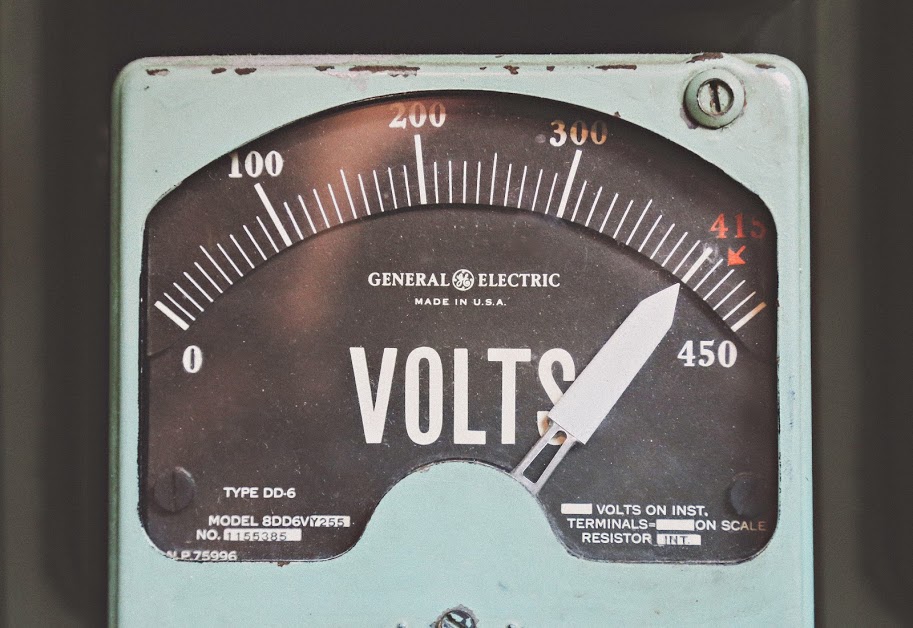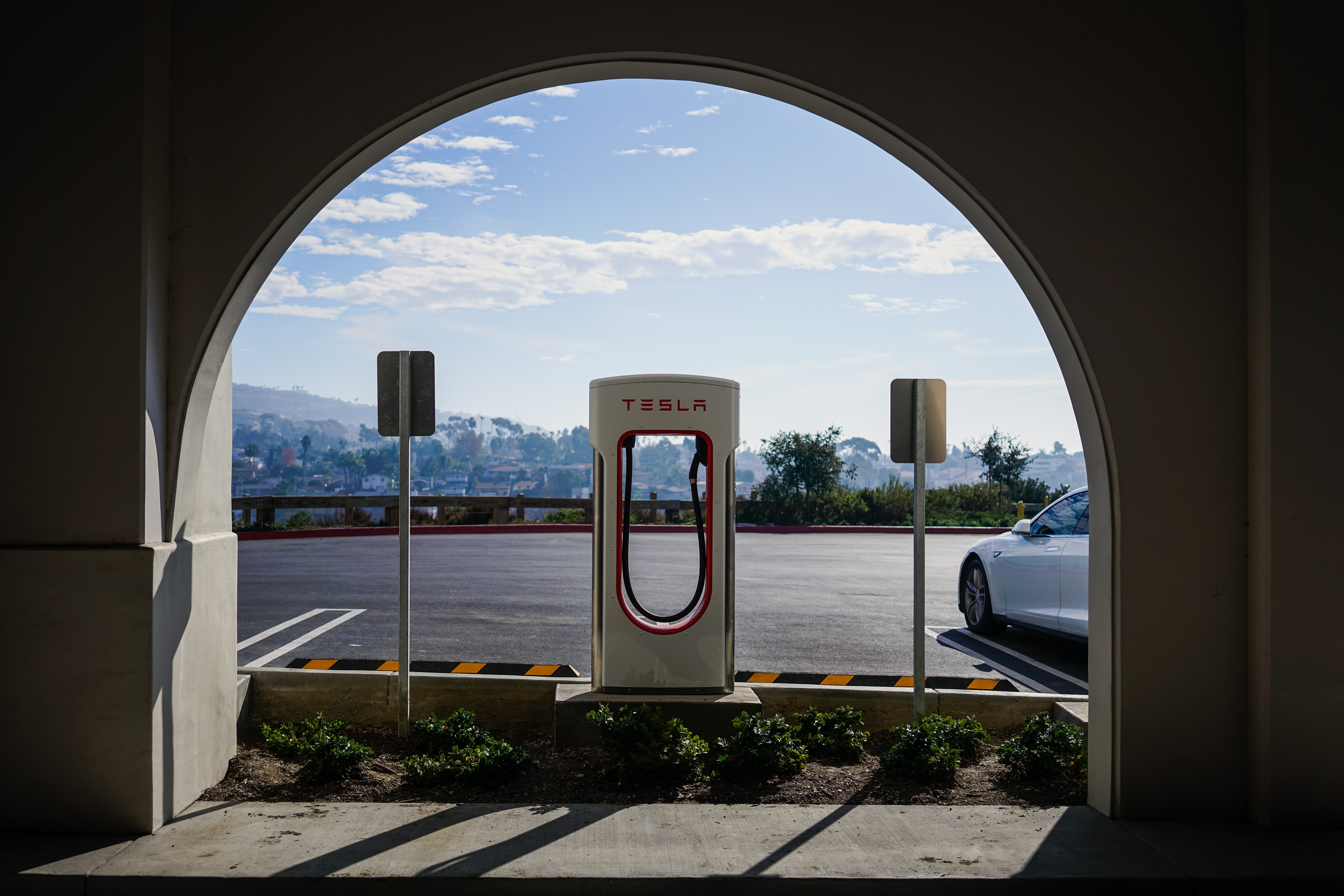The following guest post on batteries was contributed by Hybrid Power Solutions.
Welcome to the wonderful world of batteries.
—
When you think of batteries, what comes to mind? Maybe you’re reminded of a corroded 12V sitting on the hood of your first car. Or perhaps you’ve dealt with the frustration of a Smartphone that is no longer holding its charge. Batteries have come a long way over the past 10 years, but there are still some challenges.
The good news, however, is that the alternative power source industry is evolving rapidly, and with these incredible technological advancements, this sector will shape the businesses of tomorrow. The reality is that batteries today are offering safer, cleaner and more powerful energy alternatives, all at a much lower lifetime cost. We’d say that’s a win-win.
Over the years, we’ve noticed that the world of batteries has attracted a lot of fans, but also some critics as well. While some beliefs are well-founded, as with any evolving industry, there are many myths that never were or are no longer are true.
MYTH #1 – ALL BATTERIES ARE CREATED EQUAL
—
 False. Many people mistakenly believe that all batteries are created equally and operate the same way. The reality is that there actually are a wide variety of batteries on the market, each with their own set of unique advantages and disadvantages. Batteries generally fall into two main categories – single use or rechargeable. Within those two categories, there is a seemingly endless list of battery chemistries, with some of the most well-known including lithium ion, alkaline and lead acid. Depending on the application and end use, certain battery chemistries may be more appropriate than others.
False. Many people mistakenly believe that all batteries are created equally and operate the same way. The reality is that there actually are a wide variety of batteries on the market, each with their own set of unique advantages and disadvantages. Batteries generally fall into two main categories – single use or rechargeable. Within those two categories, there is a seemingly endless list of battery chemistries, with some of the most well-known including lithium ion, alkaline and lead acid. Depending on the application and end use, certain battery chemistries may be more appropriate than others.
Beyond battery chemistry, the quality of the battery also makes a huge difference. Low quality batteries can cause fires, explosions, duds and even entire system failures. The smallest design flaw can have catastrophic repercussions, as we’ve seen with situations such as the Samsung Galaxy Note recall.
MYTH #2 – BATTERIES HAVE A LARGER ENVIRONMENTAL IMPACT THAN FOSSIL FUEL
—
 False. This is an ongoing heated debate. It really comes down to the practices employed by the manufacturer, geographical location and the battery chemistry itself.
False. This is an ongoing heated debate. It really comes down to the practices employed by the manufacturer, geographical location and the battery chemistry itself.
We must first examine the life-cycle of battery-powered products vs. fossil fuel-powered products. With the growing popularity of Tesla and other electric vehicles, battery powered cars are a great example of this trade off. Generally speaking, an electric vehicle powered by batteries has the potential to decrease its contribution to global warming emissions by about 20% over its entire lifespan. A far cry from the target of zero emissions, the majority of these emissions stem from the battery production process and associated mining practices.
So the question becomes, does the negative impact of the battery manufacturing process outweigh the negative impacts of gas powered products, such as traditional cars? The short answer to that question is no, it does not. Even with the emissions accumulated through battery production, the emissions of gas powered products are much higher both when in use, and during the refining and processing stages. Not to mention, as mining practices continue to evolve, technological advancements allow for the cleaner, safer and more efficient processing of resources required to create batteries.
MYTH #3 – BATTERIES ARE UNSAFE
—
False. Not all batteries are unsafe, and in fact, most are safer than any other power alternative. Most faults, such as fires and explosions occur during an over-charge situation. This is typically caused by a poorly designed charger or inadequate battery production methods.
With the right engineering and quality control processes in place, batteries can be incredibly difficult to abuse, especially when compared to fossil fuel reliant products. As mentioned in ‘Myth #1’, not all batteries are created equal. This means that it is possible to choose safer battery chemistries. Over the last few years, there has been a huge amount of progress in terms of the safety of batteries, with each new generation of batteries becoming cleaner and more effective.
There is a tendency to over dramatize the ‘unsafe nature’ of batteries, largely due to attention-grabbing headlines of phone battery explosions and fires. However, the fact remains – we are surrounded by battery operated products day in and day out, with a staggeringly low relative incident rate. To put this into perspective, between 2011 and 2013, there were approximately 20 fire related incidents with electric powered vehicles. Compare those figures with gas powered vehicles, which saw a fire related incident every 4 minutes during this same time frame.
MYTH #4 – BATTERIES ARE NOT POWERFUL ENOUGH FOR INDUSTRIAL APPLICATIONS
—
 False. This may have been true in the past, however, this is no longer the case. With recent advancements in lithium ion technology, batteries are now able to offer an equivalent or better power output to traditional generators and motors. Companies like Hybrid Power Solutions are harnessing the power of batteries to provide safer and more powerful portable generator replacements. With the introduction of products such as the Batt Pack Energy, a 42kg battery power pack with an output of 4000W, the railway, mining and construction sectors are quickly adopting the new technology as a way to power their tools on site. These products have longer lifespans, are safer (especially in confined spaces), and provide a much better ROI.
False. This may have been true in the past, however, this is no longer the case. With recent advancements in lithium ion technology, batteries are now able to offer an equivalent or better power output to traditional generators and motors. Companies like Hybrid Power Solutions are harnessing the power of batteries to provide safer and more powerful portable generator replacements. With the introduction of products such as the Batt Pack Energy, a 42kg battery power pack with an output of 4000W, the railway, mining and construction sectors are quickly adopting the new technology as a way to power their tools on site. These products have longer lifespans, are safer (especially in confined spaces), and provide a much better ROI.
MYTH #5 – BATTERIES TAKE A LONG TIME TO CHARGE
—
 False. Today, with the introduction of specialty fast chargers or ‘super chargers’, you can charge your iPhone 8 to 50% and your Tesla to 80% in under 30 minutes.
False. Today, with the introduction of specialty fast chargers or ‘super chargers’, you can charge your iPhone 8 to 50% and your Tesla to 80% in under 30 minutes.
The challenge of a slow charge isn’t with the batteries themselves, but rather with the currently availability of chargers and electrical circuits. In the world of electric vehicles, new battery chemistries will soon allow for a 5-minute recharge of up to 80% full – that’s just as fast as refueling your car. The concept of road chargers (yes, roads that charge your car as you drive them) are already being prototyped and tested. The primary limitations in many cases is the power available from the electrical circuit in your house or building – it simply cannot support the larger output of power that would be required to charge your devices at a faster rate.
 Interested in learning more about the future of batteries in Canada?
Interested in learning more about the future of batteries in Canada?
—
Hybrid Power Solutions was founded in 2015 in response to a pressing need for safer, cleaner and more effective portable electric systems. Today, Hybrid Power Solutions produces patent pending portable battery systems and customized energy solutions for a variety of industrial markets, including the mining industry. Their systems are quieter, safer and more efficient than any other option currently on the market. Learn more at hybridpowersolutions.ca.





Leave a Comment